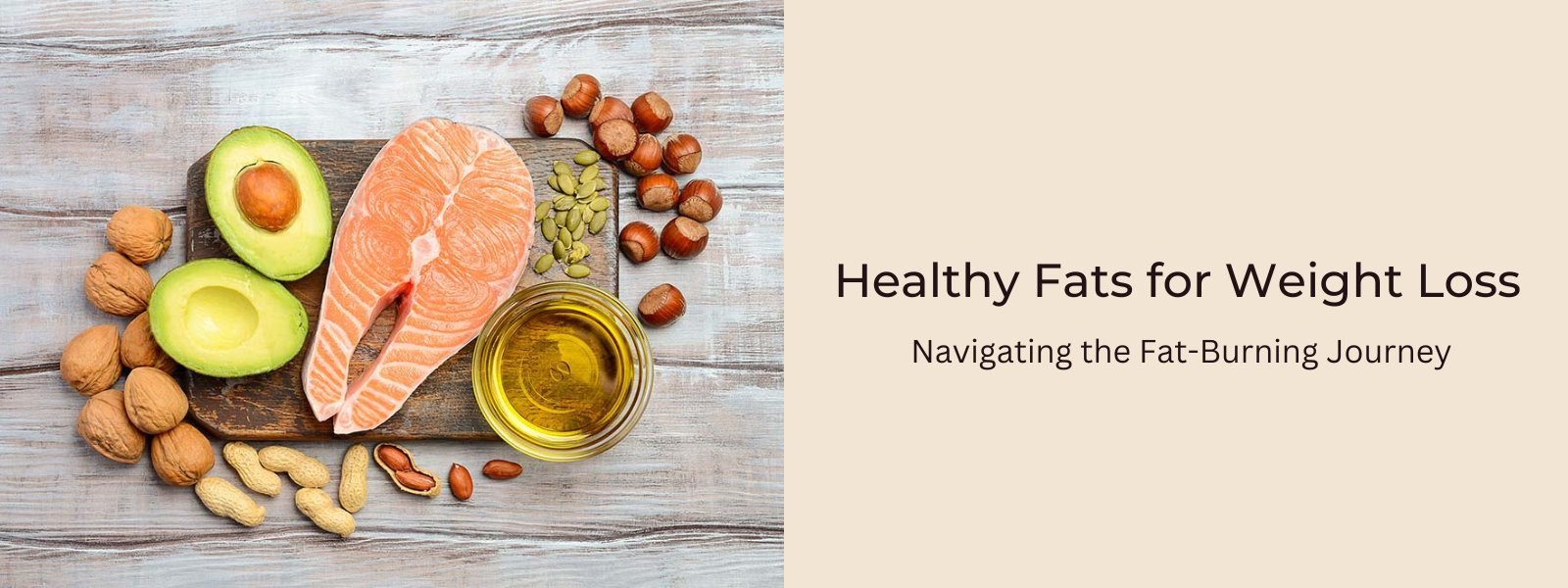In understanding the role of dietary fats in hormonal balance, it's crucial to dispel common myths surrounding fat consumption. While fats have long been vilified as the culprits behind weight gain and hormonal imbalances, not all fats are created equal. Healthy fats, such as monounsaturated and polyunsaturated fats found in foods like avocados, nuts, seeds, and fatty fish, are essential for hormone synthesis and regulation. Contrary to popular belief, low-fat diets may not be the best approach for hormonal health, as adequate fat intake is necessary for hormone production. Additionally, while certain fats, like trans fats and excessive saturated fats, can raise cholesterol levels and increase heart disease risk, healthy fats have the opposite effect, promoting heart health when consumed in moderation. By incorporating a variety of healthy fats into the diet and avoiding excessive intake of unhealthy fats, individuals can support hormone production, maintain metabolic function, and promote overall well-being.
Table of Contents
Introduction to Dietary Fats and Hormonal Balance:
- Dietary fats are essential macronutrients that play a crucial role in hormone production and balance within the body.
- Hormones are chemical messengers that regulate various physiological processes, including metabolism, reproduction, mood, and energy levels.
- The types of fats we consume can have significant implications for hormonal health, affecting hormone synthesis, signaling, and function.
Dispelling Myths About Dietary Fats and Hormonal Balance:
- Myth: All fats are unhealthy and should be avoided.
- Fact: Not all fats are created equal. While trans fats and excessive intake of saturated fats can have negative health effects, healthy fats such as monounsaturated and polyunsaturated fats are essential for hormonal balance and overall health. These healthy fats are found in foods like avocados, nuts, seeds, olive oil, and fatty fish.
- Myth: Dietary fats cause weight gain and hormonal imbalances.
- Fact: Dietary fats are a concentrated source of energy, but they do not inherently cause weight gain or hormonal imbalances when consumed in moderation and as part of a balanced diet. In fact, healthy fats can help regulate hormone production, support metabolic function, and promote satiety, which may aid in weight management and hormonal balance.
- Myth: Low-fat diets are the best approach for hormonal health.
- Fact: While low-fat diets were once promoted as the gold standard for health, research has shown that certain fats are essential for hormone synthesis and function. Restricting dietary fats excessively can lead to hormonal imbalances, as hormones are synthesized from cholesterol and fatty acids. Including adequate amounts of healthy fats in the diet is essential for supporting hormonal balance.
- Myth: Eating fats will increase cholesterol levels and heart disease risk.
- Fact: While certain fats, such as trans fats and excessive saturated fats, can raise LDL (bad) cholesterol levels and increase the risk of heart disease, healthy fats have the opposite effect. Monounsaturated and polyunsaturated fats can help lower LDL cholesterol levels and reduce the risk of cardiovascular disease when consumed as part of a balanced diet.
The Importance of Including Healthy Fats in the Diet:
- Healthy fats play a crucial role in hormone production, cell membrane structure, brain function, and nutrient absorption.
- Including a variety of healthy fats in the diet can help support hormonal balance, improve mood, enhance energy levels, and promote overall well-being.
- Focus on incorporating sources of healthy fats, such as avocados, nuts, seeds, olive oil, fatty fish, and coconut oil, into your meals and snacks to optimize hormonal health and overall nutrition.
Conclusion:
Understanding the role of dietary fats in hormonal balance is essential for debunking myths and promoting optimal health. By including a variety of healthy fats in your diet and avoiding excessive intake of unhealthy fats, you can support hormone production, maintain metabolic function, and enhance overall well-being. Consult with a healthcare professional or registered dietitian for personalized guidance on incorporating healthy fats into your diet to optimize hormonal health.










Leave a comment